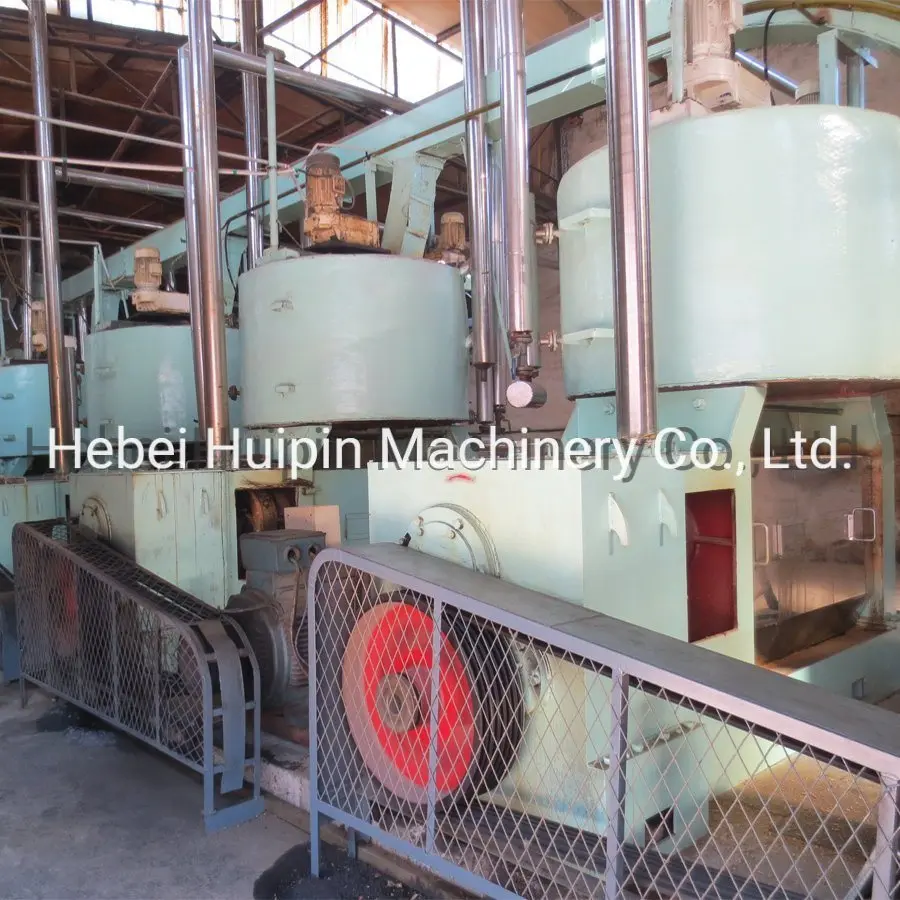Sen . 06, 2024 14:38 Back to list
High-Quality Vegetable Oil Production Line | Efficient & Sustainable Solutions
Vegetable Oil Production Line An Overview
The vegetable oil production line is a crucial component in the process of converting oilseeds into edible oils, which are an essential part of modern diets across the globe. This production line encompasses a series of complex and interrelated operations designed to ensure the efficient extraction, refining, and packaging of vegetable oils. The rise in popularity of vegetable oils, driven by their health benefits compared to animal fats, has made the vegetable oil production line a significant player in the food processing industry.
At the heart of the vegetable oil production line is the extraction process, which typically begins with the cleaning and preparation of raw oilseeds. Commonly used oilseeds include soybean, canola, sunflower, palm, and peanut. Cleaning the seeds is essential to remove impurities such as dust, dirt, and other foreign materials, ensuring the quality of the final product. Once cleaned, the seeds undergo processes such as dehulling, flaking, and conditioning to prepare them for oil extraction.
There are two primary methods for extracting oil from seeds mechanical pressing and solvent extraction. Mechanical pressing involves applying high pressure to the prepared seeds, forcing the oil to be released. This method is commonly employed for high-quality oils. On the other hand, solvent extraction uses chemical solvents, such as hexane, to dissolve the oil from the seeds. This method is more efficient but may leave traces of solvents in the oil, necessitating further refining.
vegetable oil production line

After the extraction phase, the crude vegetable oil produced is subjected to refining to remove impurities, free fatty acids, and undesirable flavors. The refining process typically involves several steps, including degumming, neutralization, bleaching, and deodorization. Each step plays a vital role in improving the quality and stability of the oil, ensuring it meets consumer standards.
Once refined, the oil undergoes quality control tests to ascertain its suitability for consumption. Parameters such as acidity, color, and odor are carefully evaluated. Only after passing these tests will the oil be packaged for distribution. Packaging plays an essential role in protecting the oil from oxidation and contamination, prolonging its shelf life.
The vegetable oil production line is heavily influenced by advancements in technology, which have streamlined processes, reduced costs, and improved efficiency. Automation plays a vital role in modern production lines, minimizing human error and enhancing precision. Additionally, the growing emphasis on sustainable practices has prompted many producers to explore eco-friendly methods of production, such as cold pressing and the use of renewable energy sources.
In conclusion, the vegetable oil production line is a sophisticated and integral part of the food industry, transforming raw oilseeds into valuable edible oils. With increasing global demand for these oils and continuous advancements in technology, the production line will continue to evolve, ensuring that consumers have access to high-quality vegetable oils that are both nutritious and safe.
-
HP 120 Model Cold Oil Press - Hebei Huipin Machinery | Automated Oil Extraction, High Efficiency
NewsAug.08,2025
-
HP 120 Model Cold Oil Press-Hebei Huipin Machinery|Oil Extraction, High Efficiency
NewsAug.08,2025
-
HP 120 Model Cold Oil Press - Hebei Huipin Machinery | Labor-Saving, Multi-Function Oil Press
NewsAug.08,2025
-
HP 120 Model Cold Oil Press - Hebei Huipin Machinery | High Efficiency Oil Extraction, Multi-Functionality
NewsAug.08,2025
-
HP 120 Cold Oil Press - Hebei Huipin Machinery | Oil Extraction Machine, Cold Press Oil Expeller
NewsAug.08,2025
-
Safflower Oil Press Service: Quality Extraction & Pure Oil
NewsAug.08,2025
